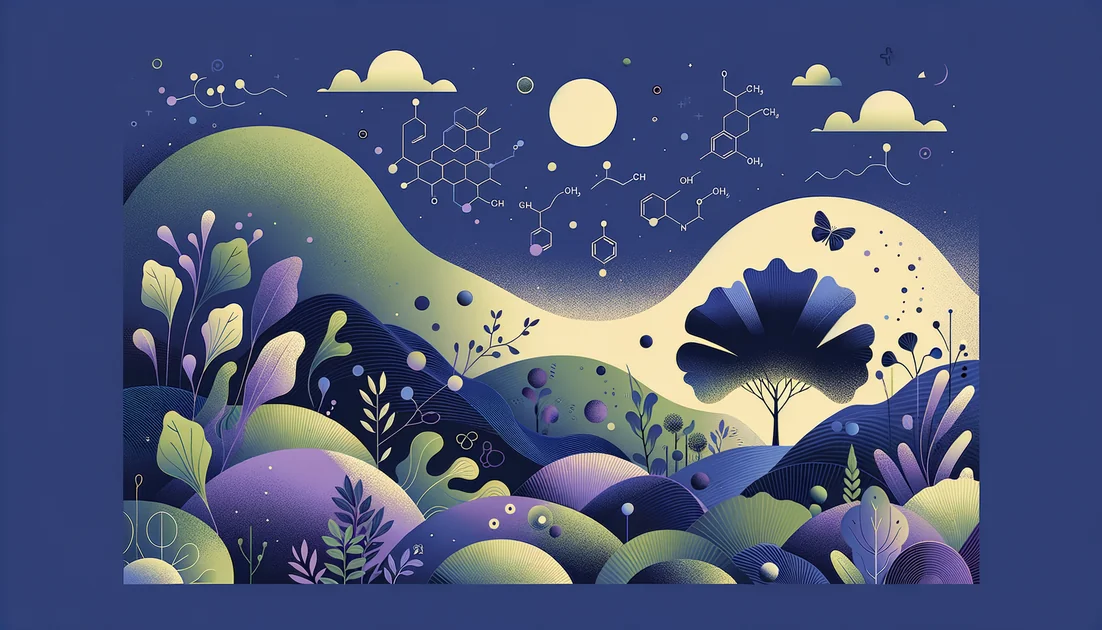
The Living Fossil and the Modern Memory Pill: What Ginkgo Really Teaches Us
On a summer morning in Hiroshima, six battered ginkgo trees put out fresh buds from charred trunks—green against gray ruins. The species had already outlived dinosaurs; now it survived an atomic blast and became a symbol of resilience. Decades later, its fan-shaped leaves are powdered into capsules on pharmacy shelves, promising sharper memory. How did a tree that time forgot become a brain supplement—and what does the science actually say?[4]
- Evidence
- Promising
- Immediate Effect
- Within hours (small, short-lived in some acute studies of healthy adults). → 12–24 weeks for dementia symptom outcomes at 240 mg/day.
- Wears Off
- Often within weeks after stopping in crossover/washout studies.
A tree older than flowers—and the first Western eyewitness
Ginkgo's biography reads like myth. Western science met it in the 1690s, when Engelbert Kaempfer—company doctor, spy, and botanist—spied the tree in Japanese temple gardens and carried its story home. By 1762, a young ginkgo was planted at Kew, where it still stands, a survivor from the garden's earliest days. Charles Darwin would later call such species "living fossils." As Harvard botanist Peter Del Tredici likes to say, people looked up and realized, "My God! Ginkgo is a missing link—a living fossil," one that achieves "ecological immortality" by resprouting when life gets rough. That knack for endurance turned a temple sentinel into an urban street tree from London to Shanghai. [2][1][3]
The modern promise—and the big, careful test
Somewhere between temple courtyards and American drugstores, ginkgo became a memory pill. The idea feels plausible: improve microcirculation, shield neurons from oxidative stress, steady overexcited signaling, and maybe the aging brain stays clearer. But when researchers ran the largest, longest, gold-standard test—the NIH-cofunded Ginkgo Evaluation of Memory (GEM) trial in 3,069 adults aged 72–96—ginkgo (120 mg twice daily) did not reduce dementia or Alzheimer's incidence versus placebo over a median 6.1 years. "If older patients are considering using ginkgo for preventing dementia," lead investigator Steven DeKosky advised, "I urge them to speak with their health care providers about the results." Subsequent GEM analyses also found no slowing of cognitive decline. A parallel French prevention trial (GuidAge) likewise showed no reduction in progression to Alzheimer's. [6][5][7][8]
Here's the paradox that confuses shoppers: prevention trials are negative, yet some treatment trials in people who already have dementia report modest benefits.
When the leaves help—and when they don't
Zoom in on symptomatic treatment. Several randomized trials of the standardized extract EGb 761 (usually 240 mg/day) found small improvements in cognition and, notably, in the behaviors that wear families down: apathy, anxiety, irritability, sleep disruption. Meta-analyses pooling these trials suggest statistically significant but moderate gains on cognitive tests and daily function; caregivers often notice the difference most in neuropsychiatric symptoms. Not all trials are positive and methods vary, but the signal is real enough to be seen across pooled data. [12][10][11]
What about other common reasons people reach for ginkgo?
Tinnitus: Updated Cochrane reviews conclude ginkgo doesn't help when ringing in the ears is the main complaint. [19]
Intermittent claudication (painful calf cramps with walking): meta-analysis suggests a small boost in pain-free walking distance—on the order of a few dozen meters—of uncertain practical value. [20]
Normal-tension glaucoma: one small cross-over trial found short-term visual field improvements; another randomized study didn't replicate the benefit, and a retrospective series suggested slower long-term deterioration. In short: intriguing, mixed, and not practice-changing. [17][18]
What's inside the leaf—and why it was standardized
Think of EGb 761 as a recipe rather than a raw plant: about 24% flavone glycosides (antioxidant "shields") and ~6% terpene lactones (ginkgolides and bilobalide), the latter acting like traffic officers for platelets and tiny vessels so blood elements are less likely to clump and micro-flow improves. Pharmaceutical-style standards (and very low ginkgolic acids) aim to make bottles behave more like each other—and like the products tested in trials. [21] A cautionary twist: because flavonoids are easy to spike, investigations have repeatedly found adulteration in commercial ginkgo products—rutin or quercetin added from cheaper plants to fake the numbers. Industry and pharmacopeias have responded with updated monographs and testing that flag adulteration, but the problem persists. If you use ginkgo, brand quality matters. [22]
Safety is mostly good—but context matters
For most adults, standardized leaf extract is well tolerated; common side effects are mild (headache, stomach upset). Two safety notes deserve plain language:
Bleeding risk: Case reports (including intracranial and ocular bleeds) link ginkgo to bleeding, especially with anticoagulants or antiplatelet drugs. High-quality reviews disagree on how big the risk is, but authoritative U.S. guidance urges caution and clinician consultation if you take warfarin, DOACs, or daily aspirin. [15][16][13]
Interactions/dosing: Typical studied doses are 120–240 mg/day of standardized extract. Some resources note theoretical interactions (e.g., with efavirenz) and advise pausing before surgery. Work with your clinician if you have seizure disorders or are on multiple meds. [14][13]
How long until anything happens?
Don't expect overnight clarity. Trials that detected symptomatic benefits in dementia generally used 240 mg/day for 22–26 weeks. In healthy young adults, a few small studies show fleeting, hour-scale bumps in attention or memory after a single dose—but those effects don't persist with weeks of use. In glaucoma research, any short-term gains faded after washout. The theme: acute flickers are possible; meaningful symptomatic gains, if they occur, take months. [12][23][24][17]
The lesson of the living fossil
Ginkgo's story is seductive: ancient endurance, bomb-scorched trees leafing out again, a tidy capsule promising mental resilience. Science complicates the tale. The tree endures; the supplement helps some symptoms for some people, doesn't prevent dementia, and requires careful attention to dose, quality, and context. Perhaps that's the real gift of the maidenhair leaf: not a miracle memory pill, but a reminder to match hopes to evidence—and to practice the same patient resilience the tree itself embodies. [4]
Key takeaways
- •A 'living fossil' with real but modest human data: ginkgo endures in nature, and its best-supported use is symptom relief in dementia—not prevention.
- •Large trials (GEM, GuidAge) show no dementia/Alzheimer's prevention, tempering the "memory pill" hype.
- •Meta-analyses of EGb 761 suggest small improvements in cognition and daily function at 240 mg/day, with stronger effects on neuropsychiatric symptoms.
- •Timing matters: small studies note acute attention/memory boosts within hours, but sustained benefits typically need 12–24 weeks; many trials ran ~6 months.
- •Use cases beyond memory are limited: tinnitus lacks convincing benefit; intermittent claudication may see slight walking gains; glaucoma findings remain mixed/experimental.
- •Safety first: discuss use if on blood thinners or antiplatelets, pause before surgery, use caution with seizure disorders or complex regimens, and avoid raw seeds (toxic).
You might also like
Explore more of our evidence-led investigations, comparisons, and guides across every article style.

Nature's Answer
Nature's Answer: testing-forward heritage extractor with a fixed FDA stumble and only modest transparency
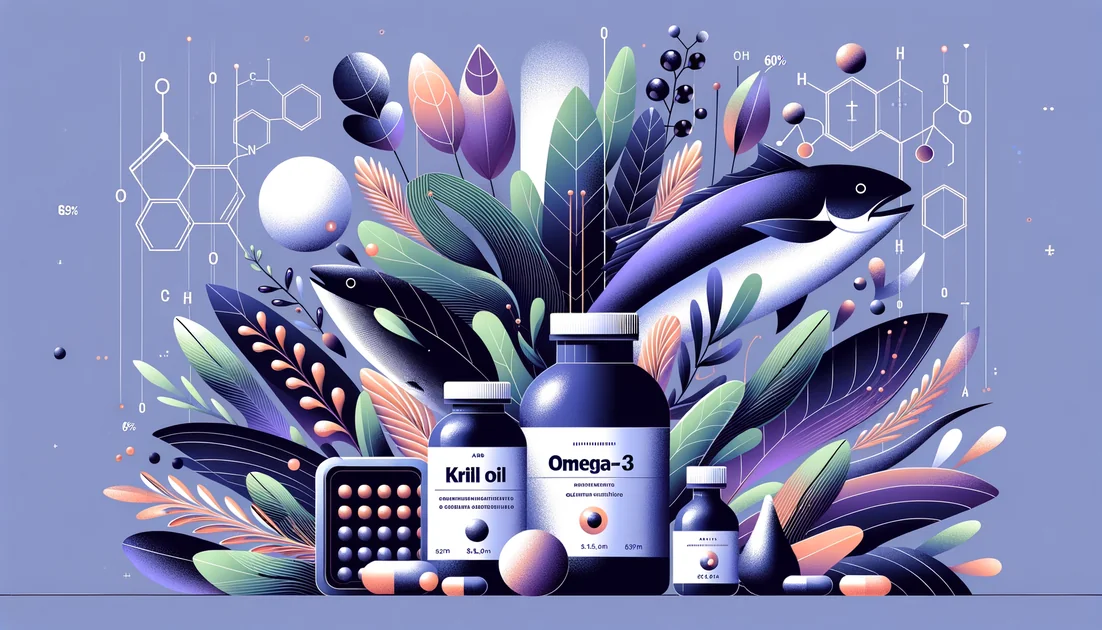
Fish Oil (EPA+DHA from fish oil) vs Krill Oil (Antarctic krill oil)
For most people seeking proven heart benefits or triglyceride lowering, choose fish oil (or prescription EPA) because outcomes data are strongest. Pick krill oil if you prefer smaller caps and potentially gentler GI feel, knowing EPA+DHA per capsule is usually lower. [4][6][1]
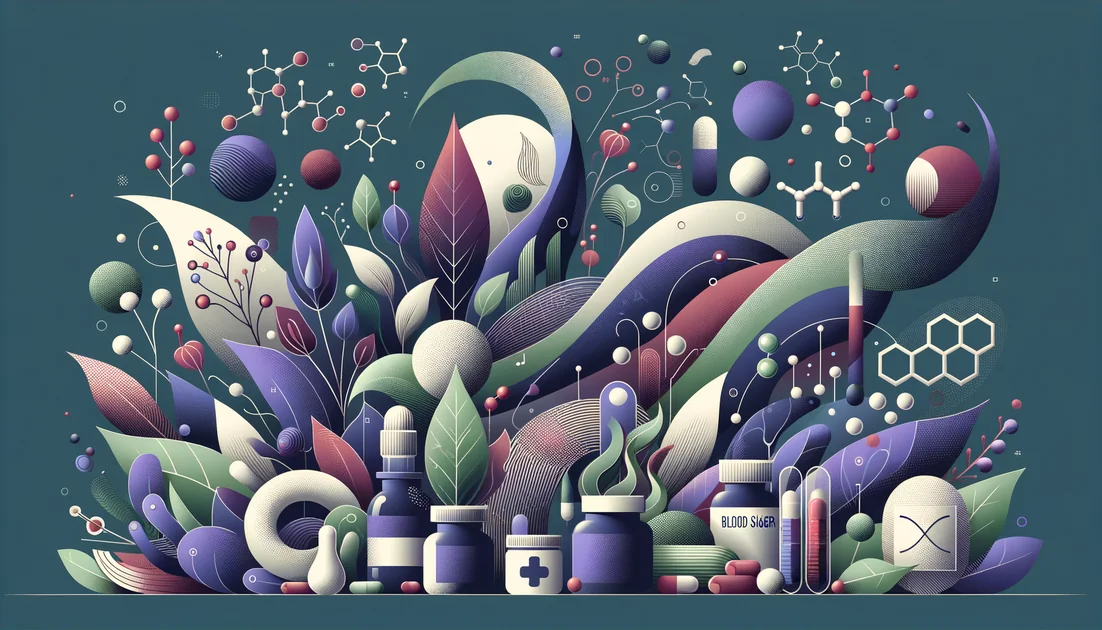
Best for Blood sugar control
Berberine 500 mg 2–3×/day (HbA1c −0.6% to −0.75%).
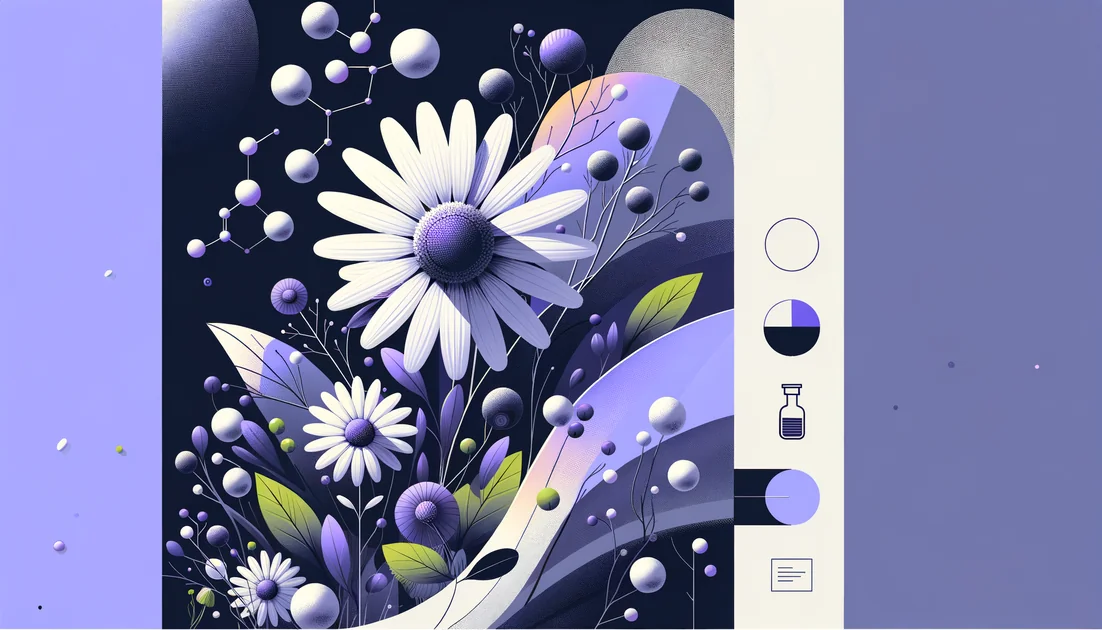
Chamomile
You're holding a warm cup that smells faintly of apples. For centuries people have reached for this daisy-like flower to settle the stomach, soften worry, and coax sleep. But what, exactly, does chamomile really do—and what does the science say? [1]
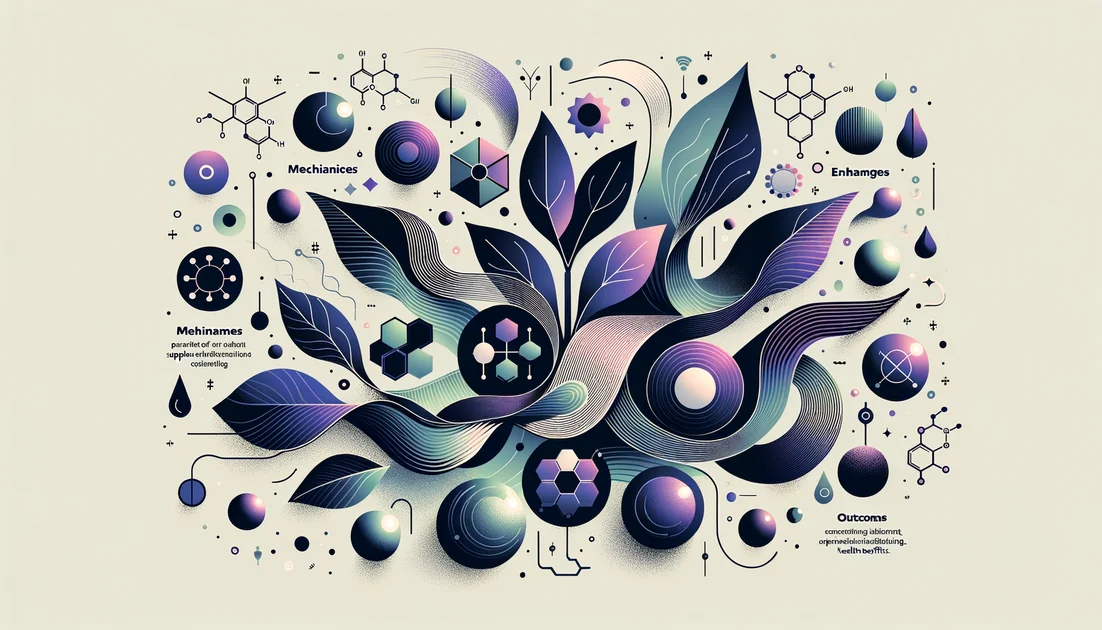

Tocotrienols
The stealthier cousins of vitamin E—built with springy tails that move differently in cell membranes and behave differently in your body.


